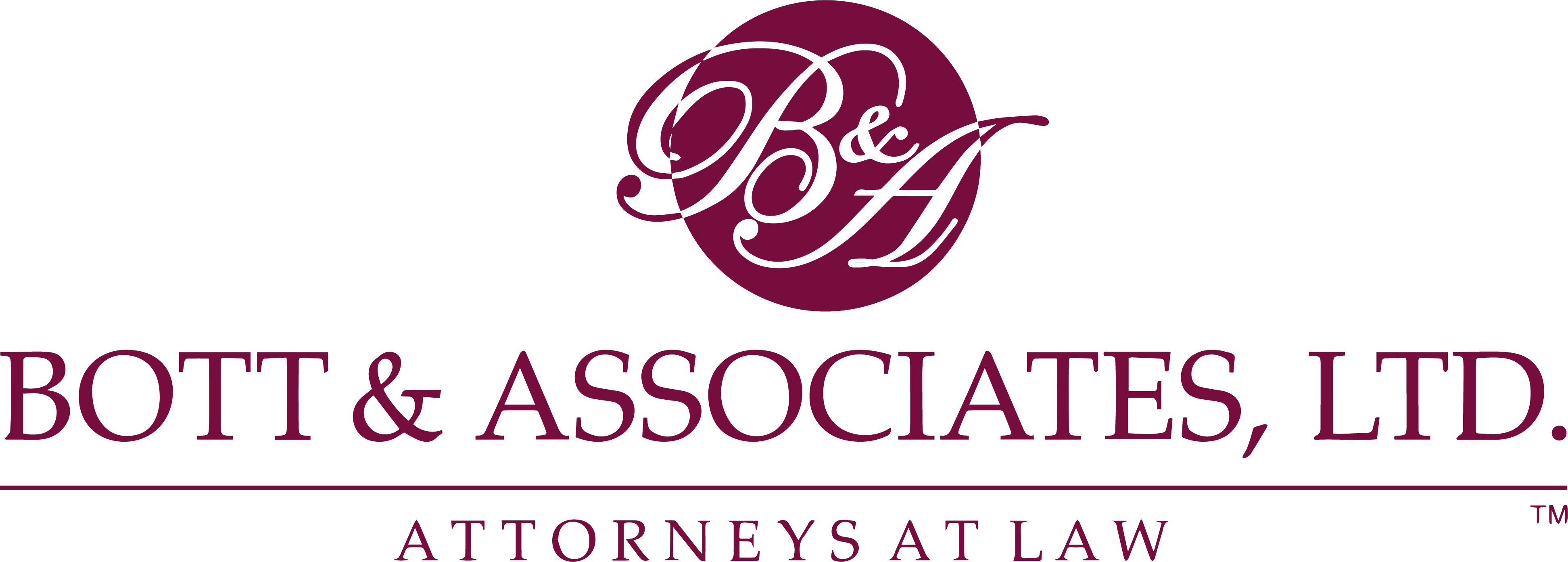By now, you’ve heard about the importance of estate planning with an estate planning lawyer Shreveport, LA, and if you haven’t, there’s never been a better time to start. By determining how your property will be distributed upon your death, you can ensure that your property goes where you want it to go rather than automatically going to the government or another person or organization you might not want to inherit it from you. According to our friends at Theus Law Offices, here are some reasons why you need a trust.
Why Do I Need a Trust?
A trust is a legal entity that can own property and assets. A trust can be used to protect your assets from creditors, lawsuits, and estate taxes. A trust can also be used to manage your assets if you become incapacitated or die. A trust can be revocable or irrevocable. A revocable trust can be changed or dissolved by the grantor at any time. An irrevocable trust cannot be changed or dissolved by the grantor. A trust can be created during your lifetime (a living trust) or after your death (a testamentary trust). A living trust is more expensive to create and maintain than a testamentary trust, but it has the advantage of being immediately effective upon creation.
What’s the Difference Between a Trust and a Will?
A will is a document that dictates how your assets will be distributed after you die. A trust, on the other hand, is an entity that can hold and manage property on your behalf. The person in charge of managing the property inside of a trust is called a trustee. You can appoint yourself as trustee or name someone else as trustee with your power of attorney for financial decisions or by naming them in your will. An important difference between a will and a trust is that the beneficiary of your will receives whatever was written in it; however, the beneficiary of your trust only receives what’s left over once debts are paid off.
How Does a Trust Apply to Me?
You may think that you don’t have enough assets to warrant setting up a trust, but anyone with property, savings, or other valuables can benefit from this type of estate planning. A trust can help you:
- Determine how your assets will be managed and distributed after your death
- Minimize the taxes your heirs will have to pay
- Ensure that your minor children are taken care of financially
- Provide for loved ones who are disabled or have special needs
- Support a favorite charity
A trust can also give you peace of mind knowing that your affairs are in order and that your loved ones will be taken care of after you’re gone.
Who Sets up the Trust?
A trust is set up by the person who owns the assets (the grantor or settlor), with the help of a lawyer. The grantor names someone to manage the trust (the trustee), and names beneficiaries who will receive the assets when the grantor dies. While the grantor is alive, they can add property to the trust, change the beneficiaries, remove trustees, or change other aspects of how it operates. But after they die, if there are no instructions in the document stating otherwise, everything in the trust goes to those named as beneficiaries without being taxed as an inheritance.
A common problem occurs when people have made multiple trusts: one for their house, one for their business holdings, one for retirement funds-it can get confusing! That’s why it’s best to choose only one type of asset that you want protected from taxes in your lifetime and name that as your primary beneficiary.
Contact an estate planning lawyer today for help setting up a trust today.

